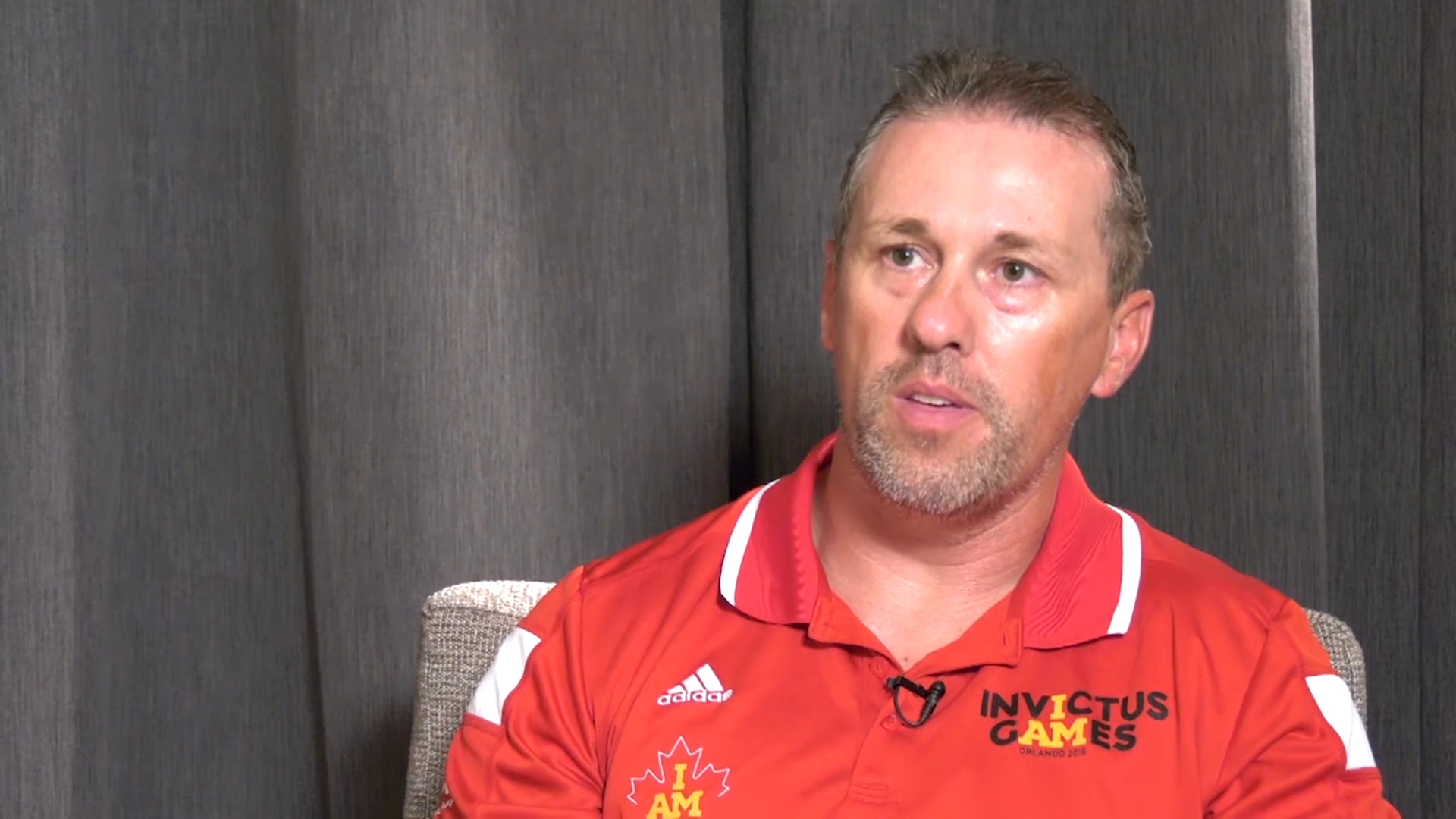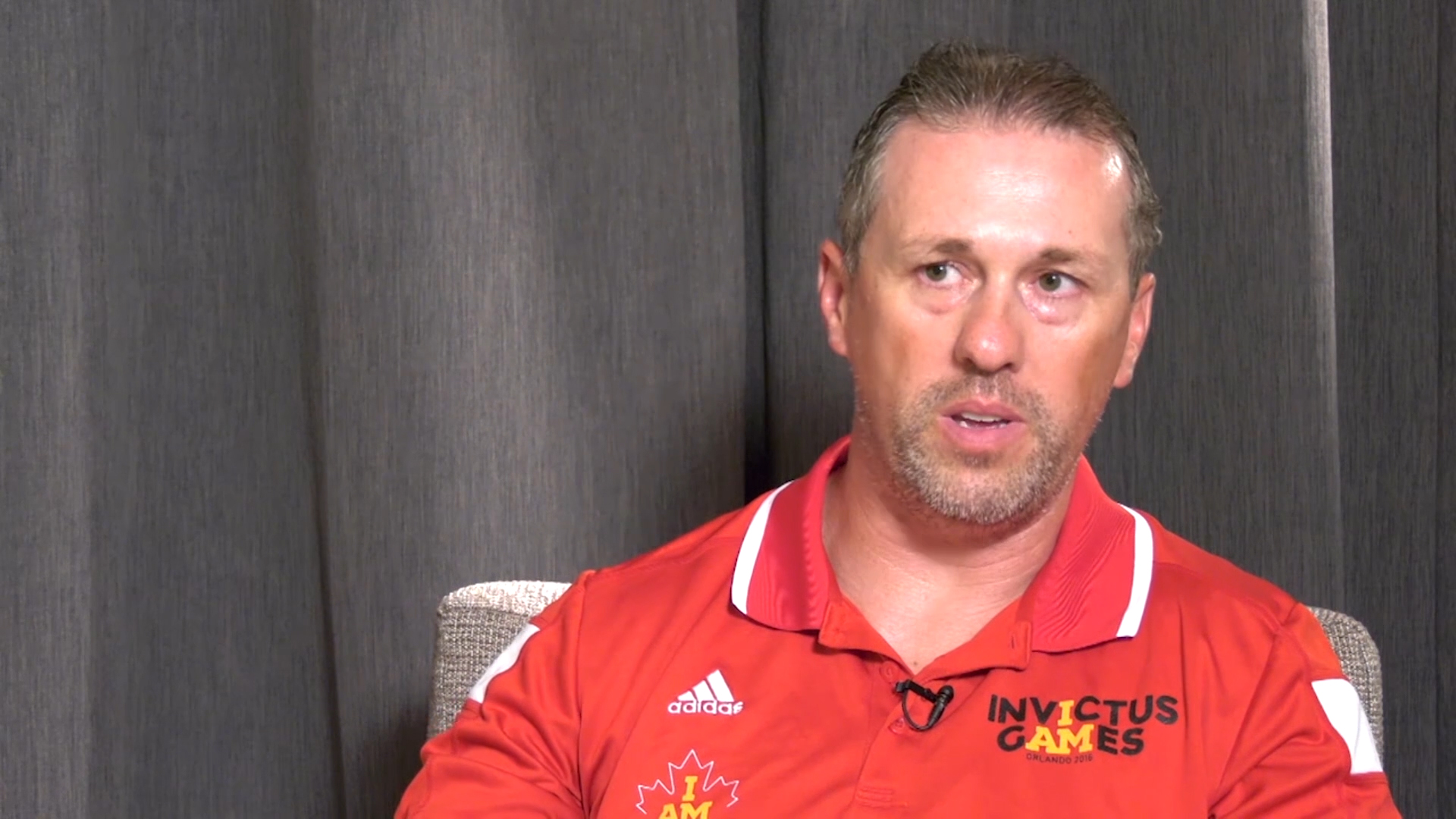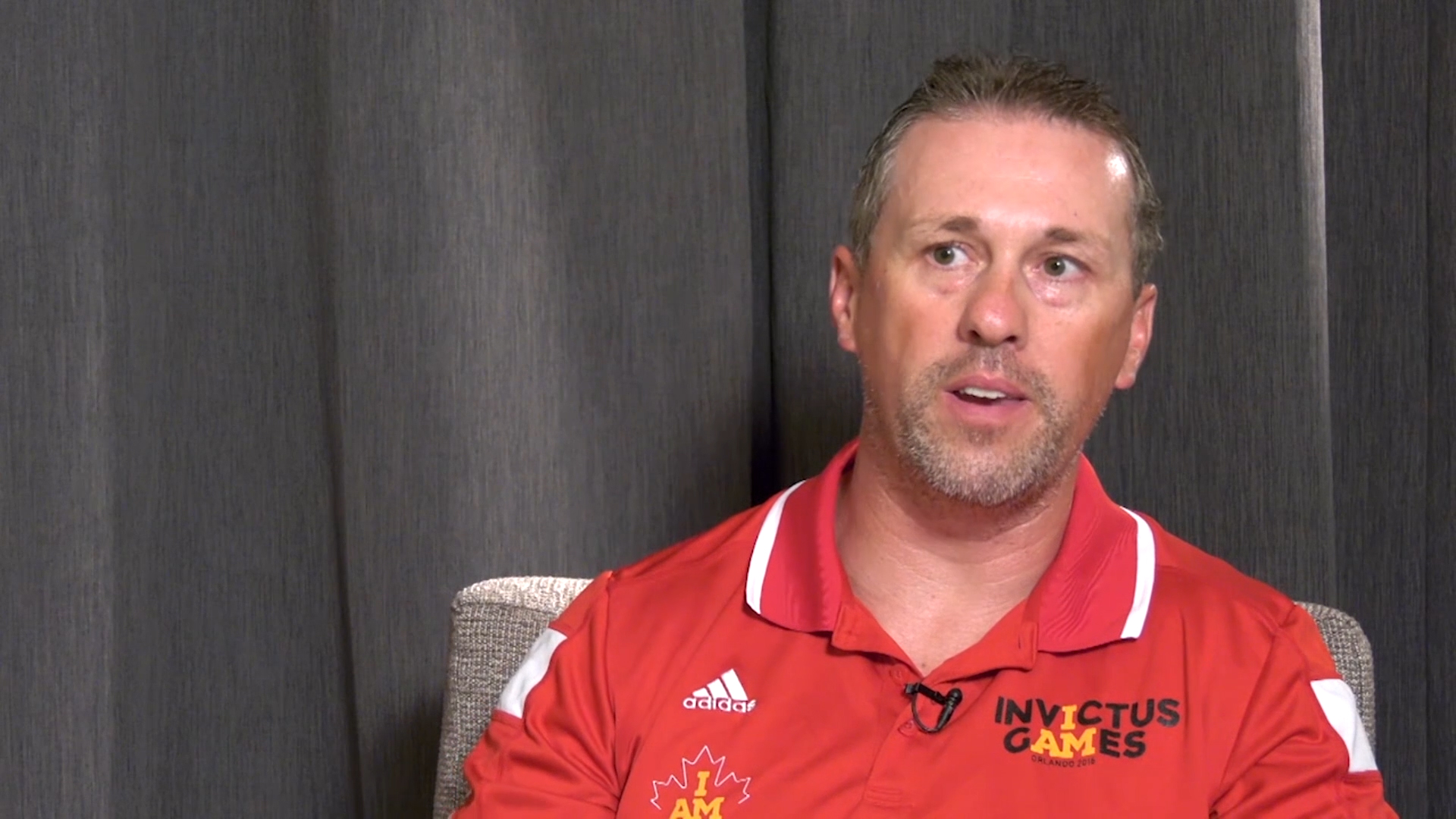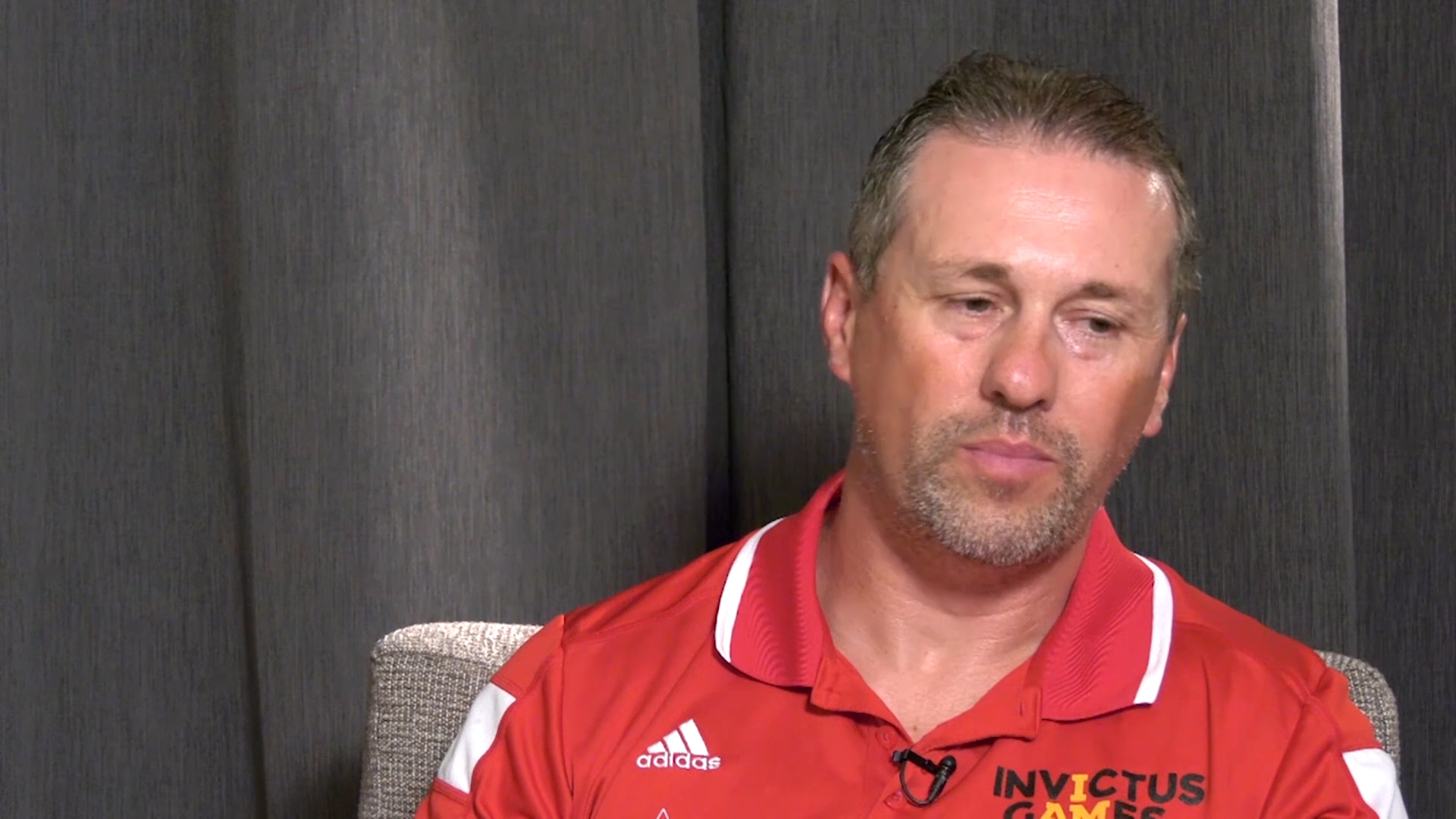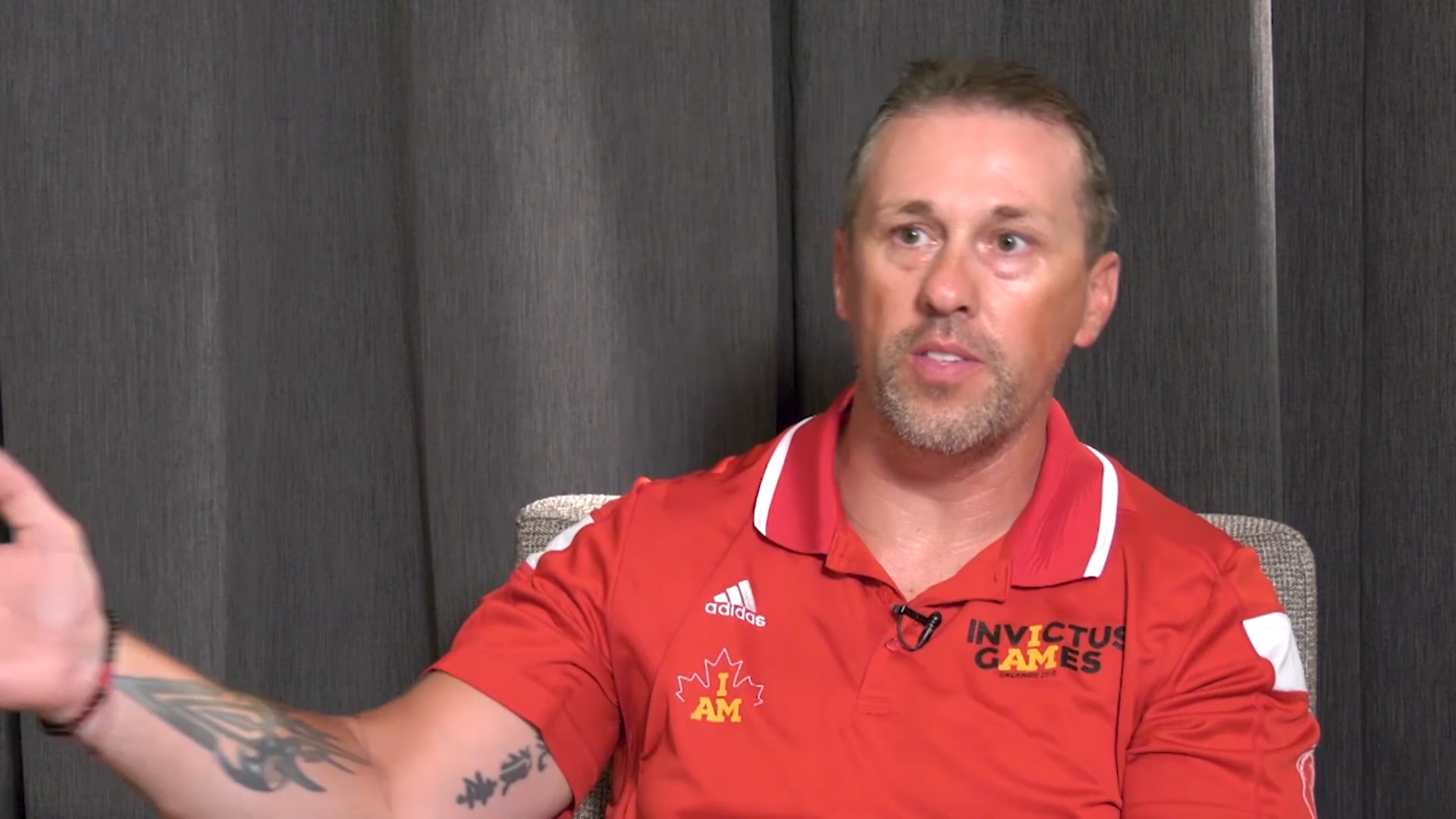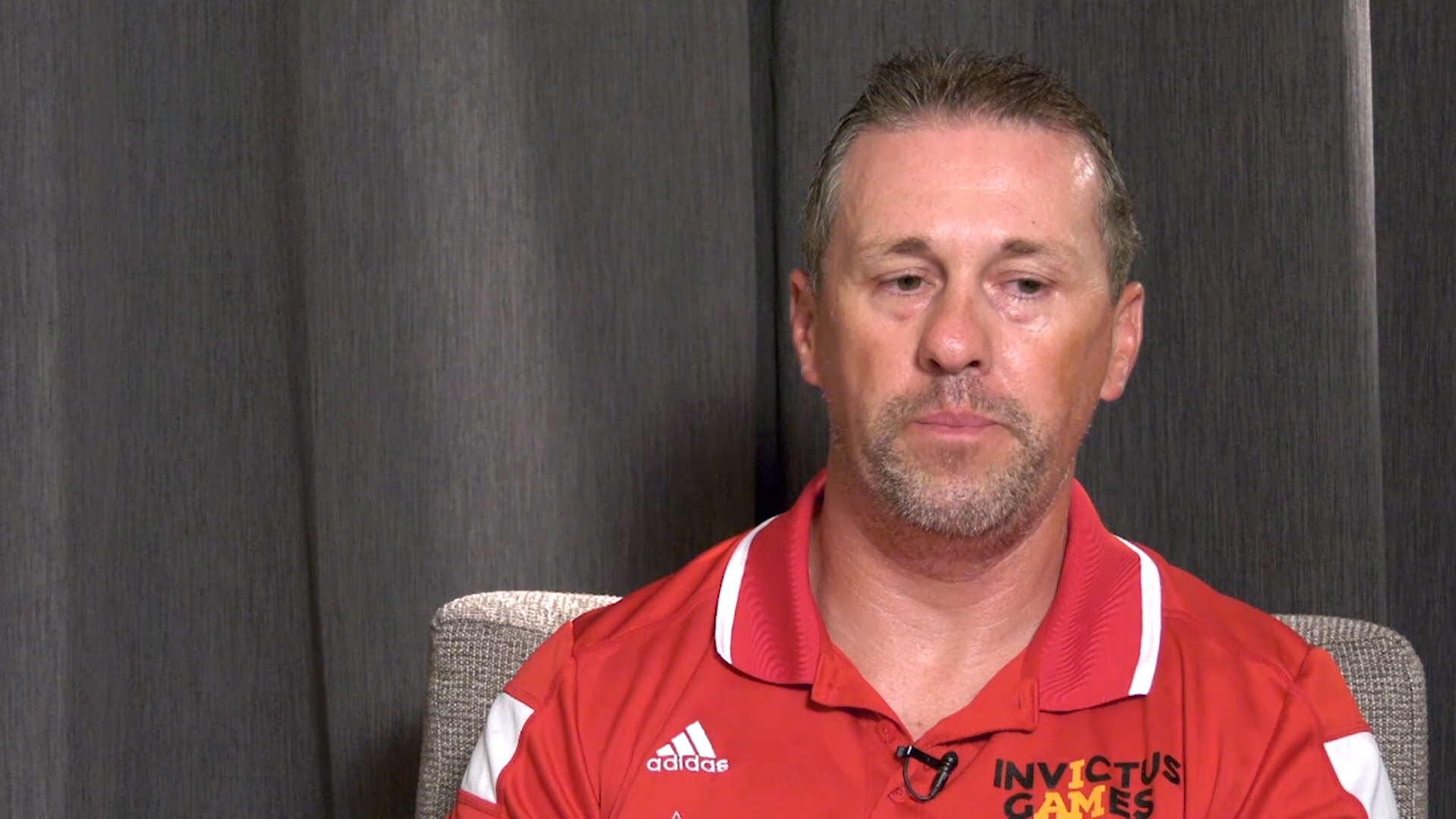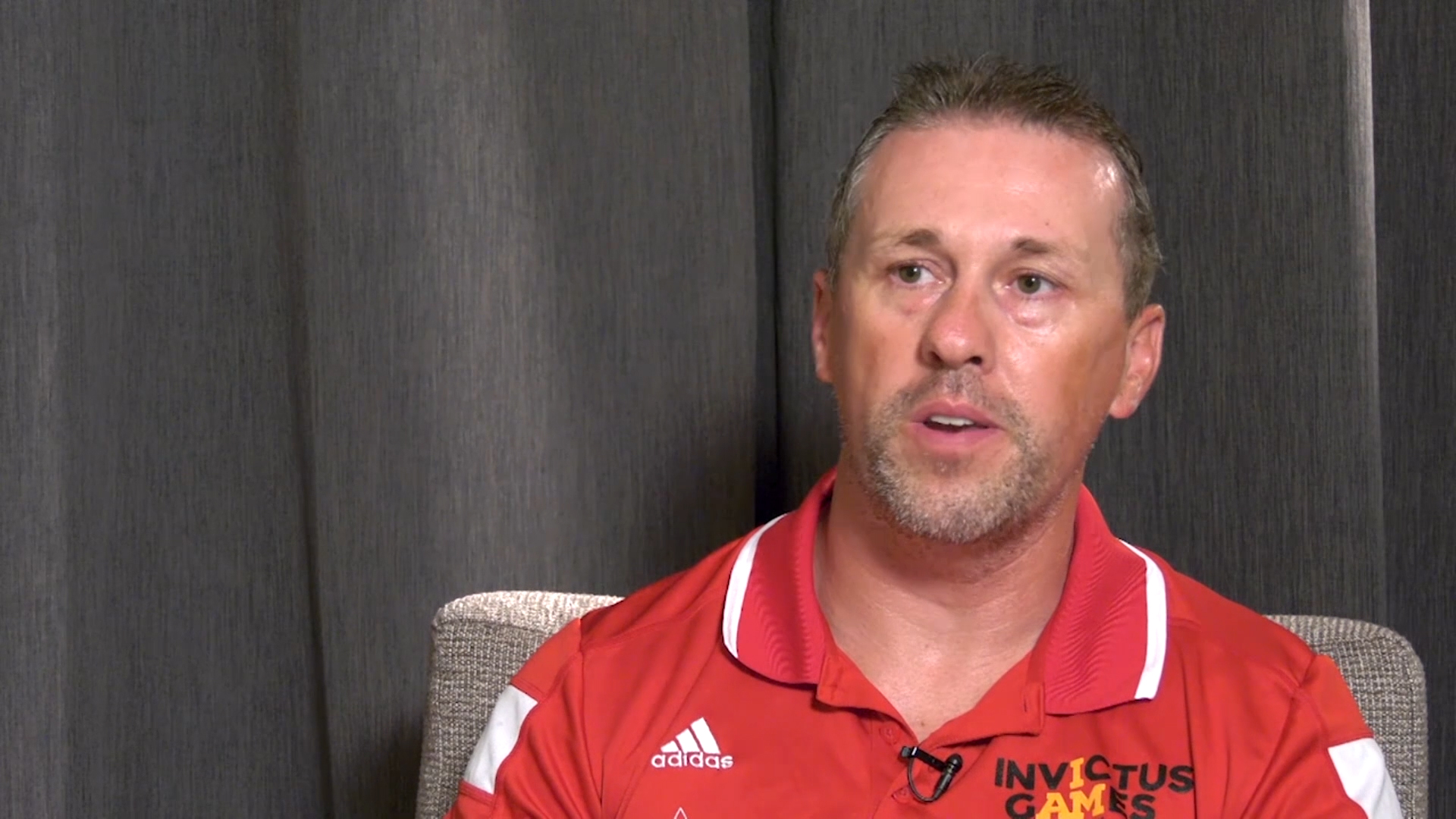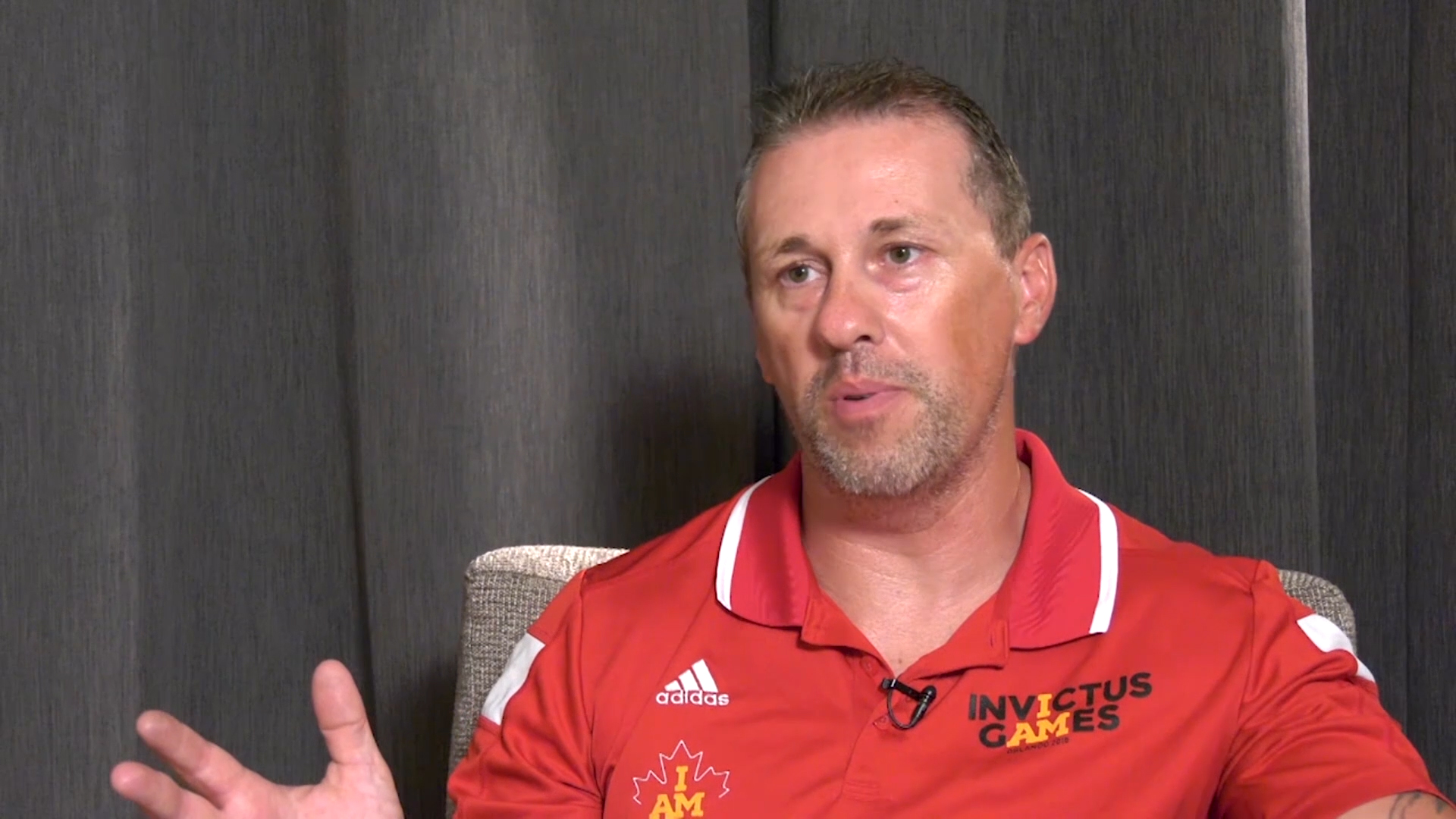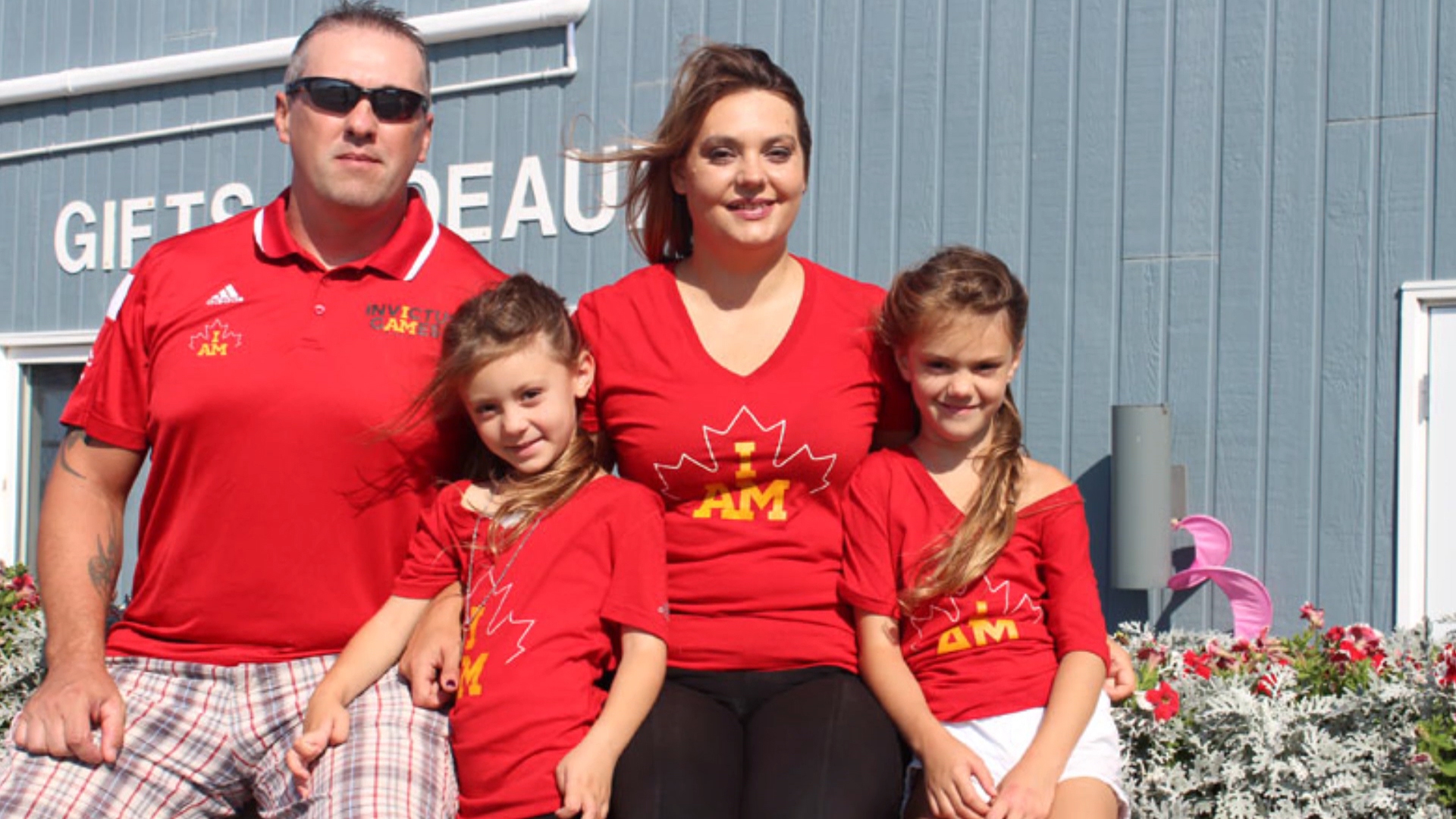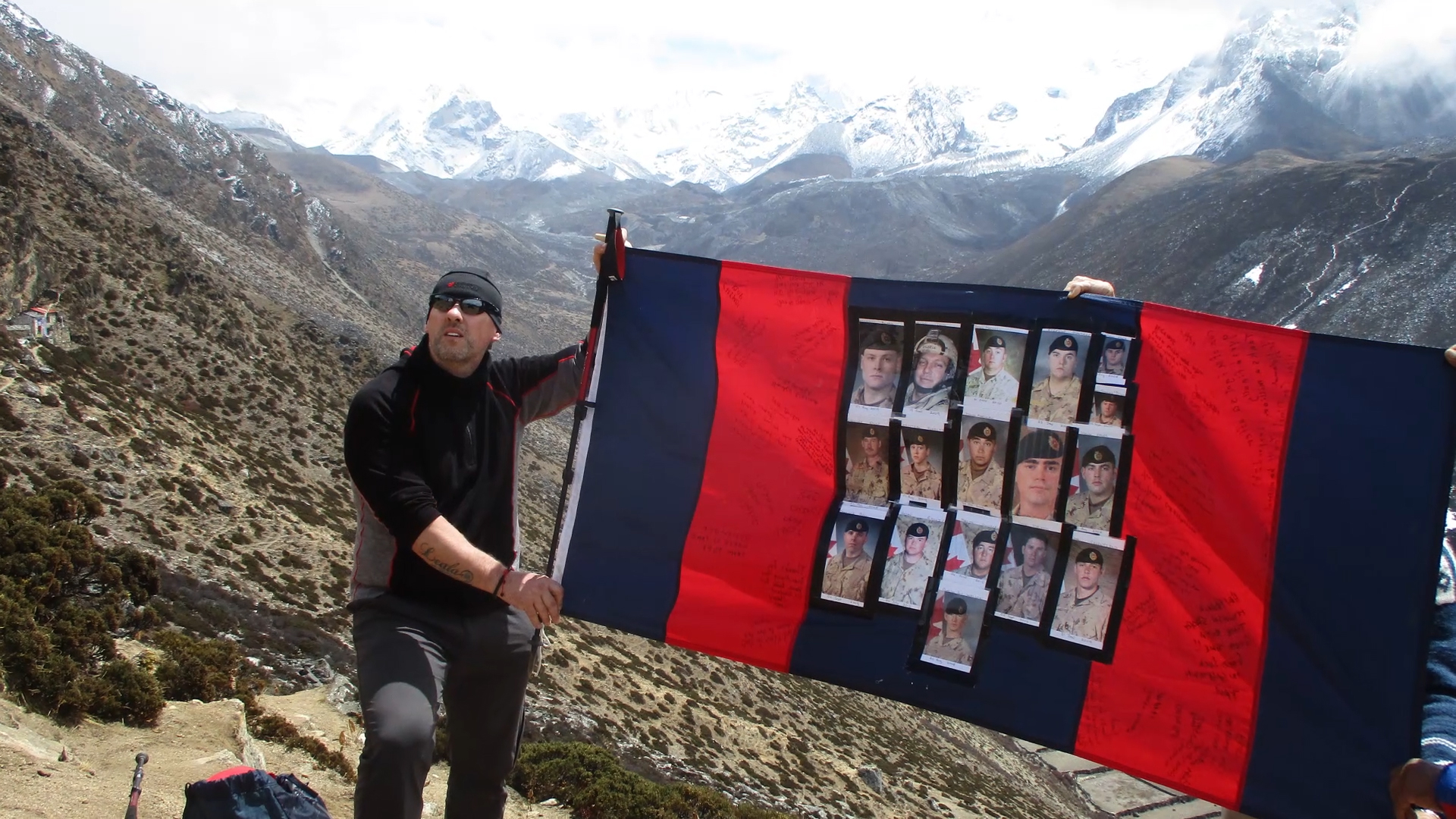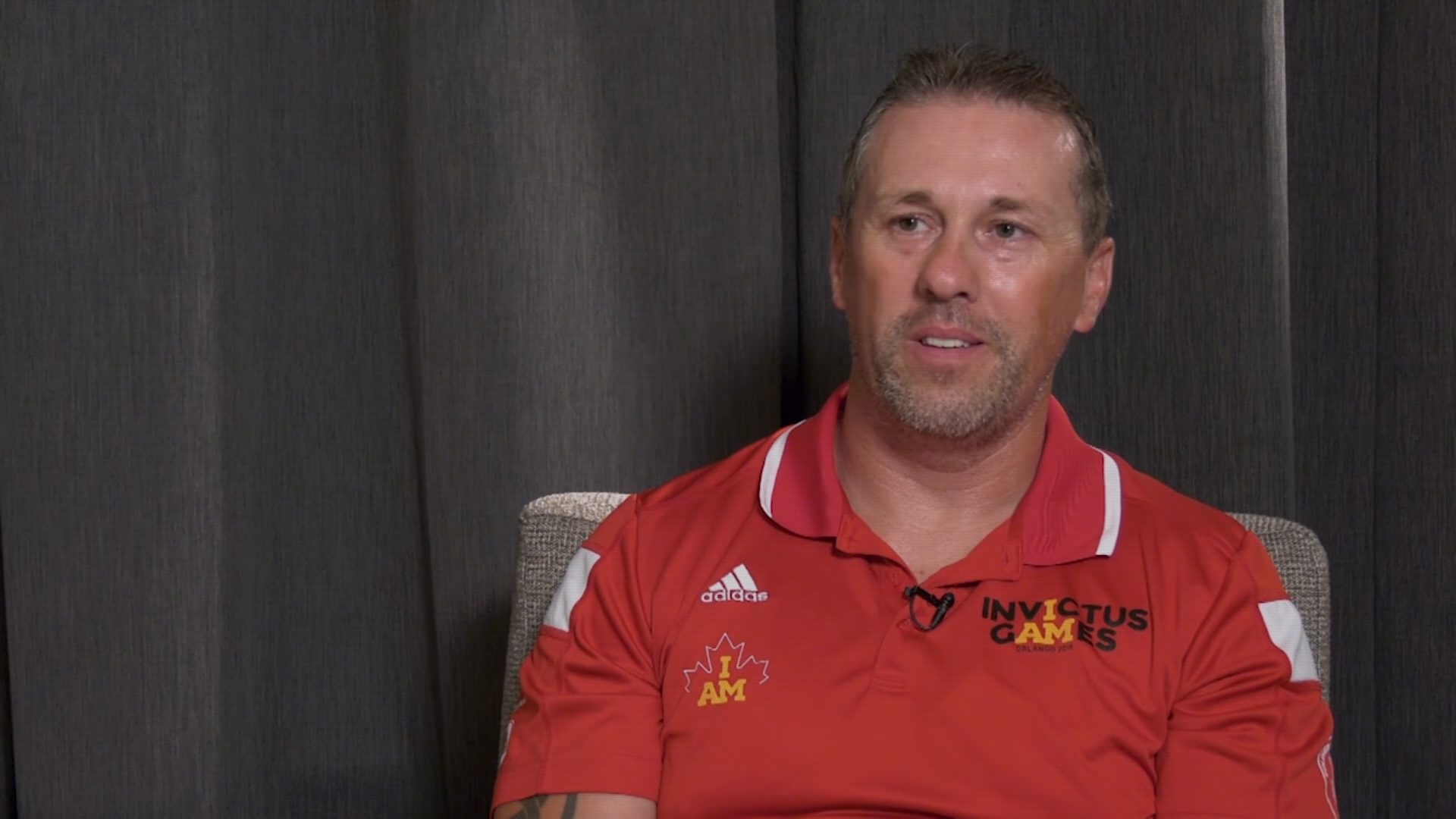The Struggles with PTSD
Heroes Remember
The Struggles with PTSD
Transcript
Description
Sergeant MacEachern shares a very personal story about PTSD and discusses the major toll it can have on family.
Brian MacEachern
Mr. Brian MacEachern was born August 2, 1975 in Cape Breton, Nova Scotia. With his father being a reserve soldier for over 30 years, Mr. MacEachern knew his own destiny at a very young age. Joining the reserves with the Combat Engineers division, he later specialized in combat diving and ordinance disposal. Throughout his military career Mr. MacEachern was part of the Swiss Air recovery mission and credits this exercise as being his reasons for continuing to serve in the Canadian military. In 2004 Mr. MacEachern accepted a deployment to Ethiopia and later that year travelled to Afghanistan and again in 2007 holding rank of sergeant with Combat Engineers. After being released from the military, Mr. MacEachern accepted support through Soldier On and in 2016 became a member of Team Canada Invictus Games travelling to Orlando, Florida as part of the cycling team. Mr. MacEachern continues to stay involved in the sport and now resides in Nova Scotia with his family.
Meta Data
- Medium:
- Video
- Owner:
- Veterans Affairs Canada
- Recorded:
- July 25, 2018
- Duration:
- 3:14
- Person Interviewed:
- Brian MacEachern
- War, Conflict or Mission:
- Canadian Armed Forces
- Location/Theatre:
- Canada
- Battle/Campaign:
- Afghanistan
- Branch:
- Army
- Rank:
- Sergeant
- Occupation:
- Combat Engineer
Related Videos
- Date modified:



